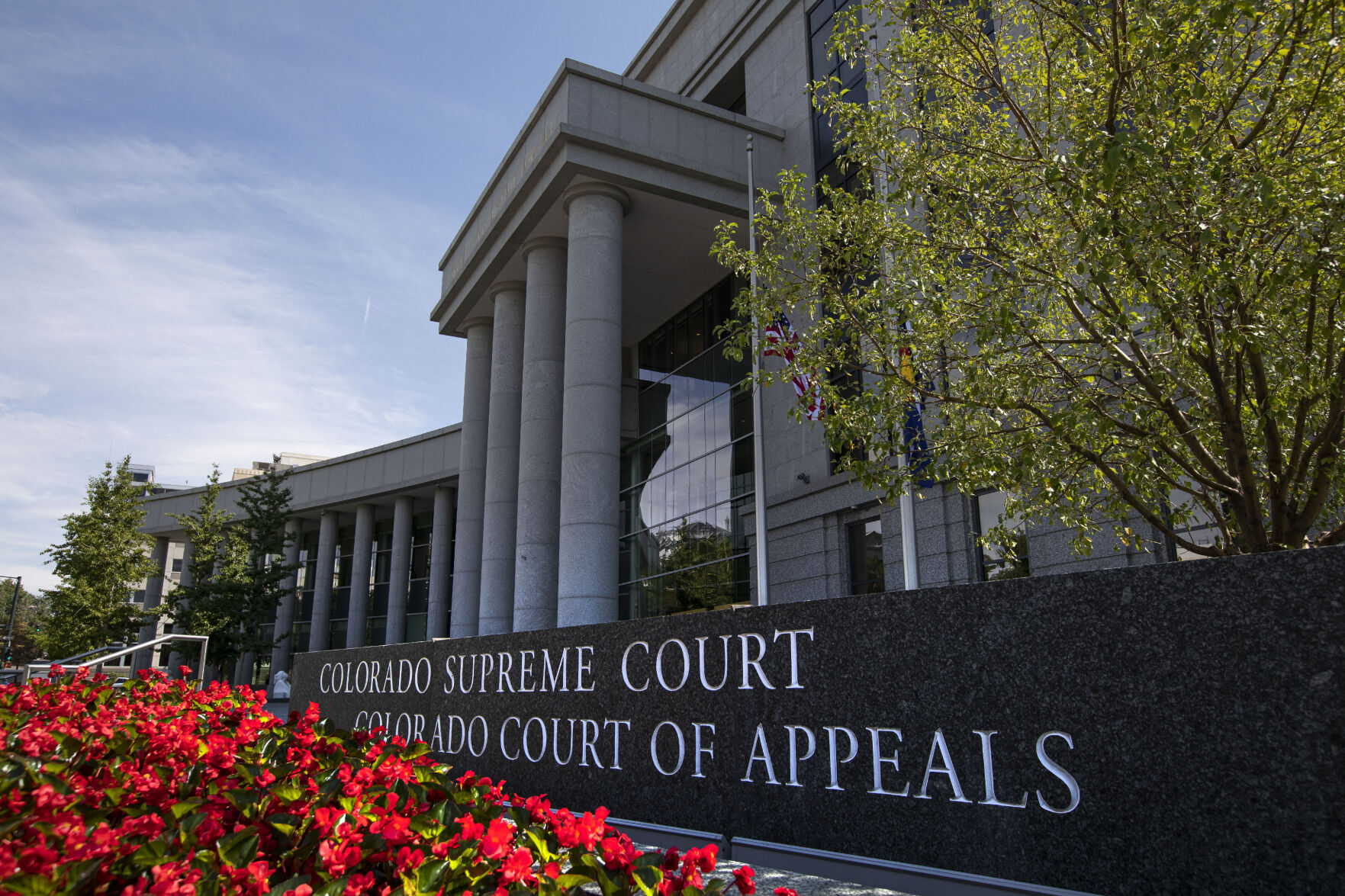Appeals court clarifies water conservancy districts must follow TABOR

Colorado’s second-highest court clarified last week that water conservancy districts must seek voter approval pursuant to the Taxpayer’s Bill of Rights, or TABOR, before increasing their tax rates.
Previously, a Logan County judge believed the law creating water conservancy districts, which existed prior to voters’ enactment of TABOR in 1992, mandated district boards to set tax rates within a fluctuating range based on their budgetary needs. Based on that established “formula,” he concluded districts may raise their rates within the range without a popular vote.
Incorrect, responded a three-judge panel for the Court of Appeals.
“TABOR clearly requires any tax policy change of a district that results or would result in a net tax revenue gain to ‘have voter approval in advance,'” wrote Judge Robert D. Hawthorne in the March 21 opinion.
Case: Aranci v. Lower South Platte Water Conservancy District
Decided: March 21, 2024
Jurisdiction: Logan County
Ruling: 3-0
Judges: Robert D. Hawthorne (author)
Neeti V. Pawar
Daniel M. Taubman
TABOR became part of the state’s constitution more than three decades ago, with a goal of constraining governments’ ability to raise taxes and spend money. Now, voters within a jurisdiction or the state as a whole must vote to approve any new tax, a tax rate increase or “mill levy above that for the prior year.” In addition, TABOR itself declares that it will “supersede” conflicting laws.
Beginning in 1996, the Lower South Platte Water Conservancy District, which spans four northeastern Colorado counties, fixed its tax rate at 0.5 mill. A mill equates to $1 for every $1,000 of taxable property. In 2019, the district’s board increased the rate to 1 mill, prompting multiple property owners to file a proposed class action lawsuit.
The plaintiffs argued the board needed voter approval before raising the rate and sought refunds of the additional revenue raised for the district’s roughly $2 million budget. However, District Court Judge Robert C. James sided against them.
James looked to the Water Conservancy Act, which was in place prior to TABOR, and its requirement that district boards “shall determine the amount of money necessary to be raised” and then “shall fix a rate” to raise the necessary tax revenue, up to 1 mill.
“Absent the mandatory language,” he wrote, “this Court would conclude that the increased mill levy from 2018 to 2019 by the District violated TABOR and therefore was unconstitutional. But TABOR is not read in a vacuum.”
James concluded the Water Conservancy Act created “fluctuating tax levels” based on a formula for each district’s expenses. Because the district’s increase to 1 mill was inside the permissible range, no TABOR vote was required.

The plaintiffs appealed, arguing the Water Conservancy Act did not mandate the district to raise its mill levy – an obligation that would be exempt from TABOR. Instead, the district chose to double its rate and needed the voters to sign off on that decision.
“If a government can double the property tax rate without a TABOR vote, is TABOR a dead letter?” said attorney Tyler Martinez of the Washington, D.C.-based National Taxpayers Union Foundation, who represented the plaintiffs at oral argument. “It’s a legal theory that has never been approved by this court or the Supreme Court.”
“How is that a change or a new tax policy? Because it’s up to 1 mill in the original statute,” responded Hawthorne, a retired judge who sat on the panel at the chief justice’s assignment.
“It’s a tax policy because there’s more tax revenue literally going to the coffers of the water district,” responded Martinez.
The panel agreed with him.
Although the Water Conservancy Act “may appear to constitute a pre-set formula requiring the District to consider its expenses and other revenue sources and then fix a rate of levy to meet its needs,” wrote Hawthorne, “that formula is devoid of any pre-set objective component.”
Because there was no mandate for the district to increase its mill levy, its choice to do so required voter approval. Even if there was a conflict between state law and TABOR, Hawthorne added, the constitutional amendment took precedence.
The case is Aranci et al. v. Lower South Platte Water Conservancy District.













